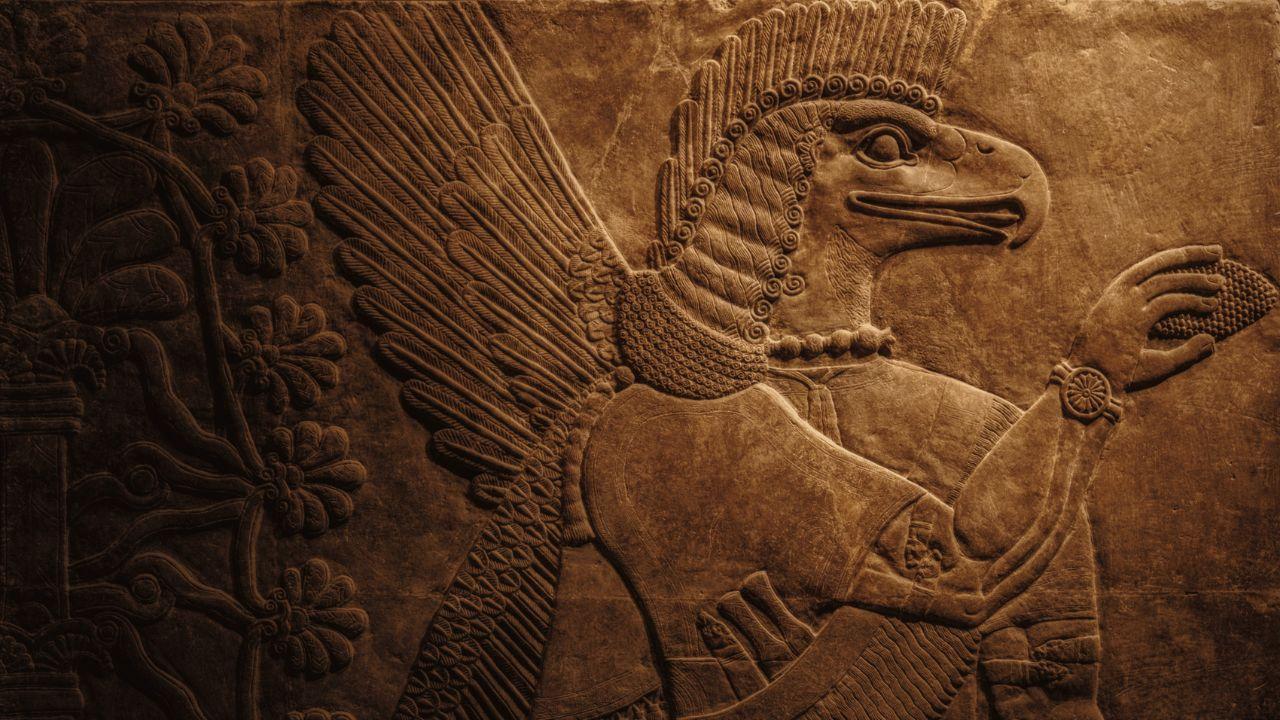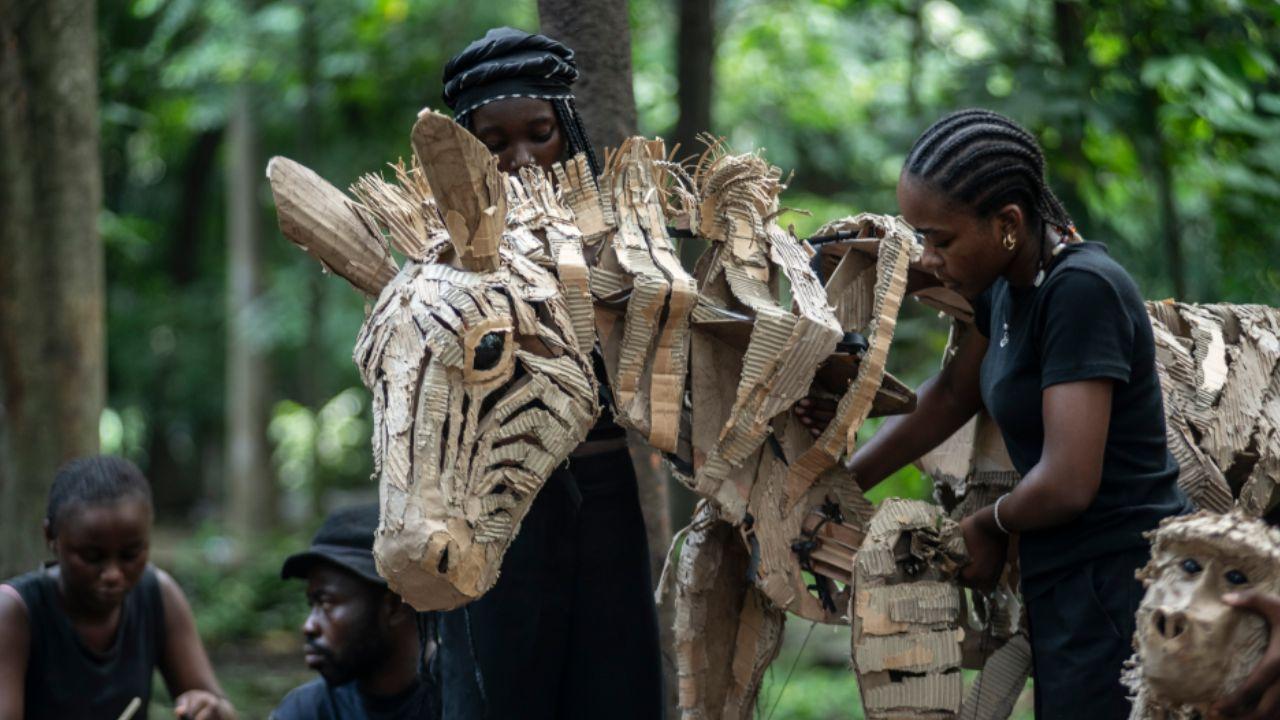
Post by: Vansh Kumar
When we think of ancient civilizations, we often imagine long-forgotten empires and lost cultures. However, How Ancient Civilizations Still Influence Our World Today is a fascinating subject that reveals how the legacies of the past are embedded in our modern lives. From technology and governance to art and language, the ideas and innovations of ancient societies continue to shape the way we live, think, and interact. In this article, we’ll explore the profound impact of ancient civilizations, focusing on how their contributions continue to shape the present.
Ancient civilizations were pioneers in technological innovation, laying the groundwork for many of the advancements we take for granted today. One of the most remarkable contributions is in the field of architecture. The Egyptians, Greeks, and Romans were experts in engineering and construction, developing techniques that still inspire modern architecture.
For example, the Roman invention of the arch revolutionized building designs and continues to be used in modern bridges, buildings, and other structures. The Egyptians, with their mastery of stone construction, created the iconic pyramids, which still stand as marvels of engineering and a testament to their architectural genius. Even modern skyscrapers owe their existence to ancient building techniques.
Furthermore, ancient civilizations developed early forms of technology that paved the way for future inventions. The Mesopotamians created the first wheel, which became an essential tool in transportation and manufacturing. The Chinese introduced papermaking, gunpowder, and the compass, all of which are integral to modern society.
Ancient civilizations also played a critical role in shaping the political systems that govern our modern world. The earliest known legal code, the Code of Hammurabi, emerged in ancient Babylon around 1754 BCE. This code laid the foundation for the concept of written laws that govern society, influencing modern legal systems.
Similarly, the Greeks, particularly in Athens, developed the concept of democracy. While the Athenian version of democracy was quite different from today’s, it introduced the idea of citizens having a say in governance, something that would go on to influence political systems around the world. Modern democratic principles of voting, representation, and civic rights trace their roots back to this ancient practice.
The Roman Republic, too, contributed significantly to modern governance. Concepts like the Senate, the separation of powers, and the idea of a legal framework for government were all established by the Romans and are still present in today’s political systems.
The influence of ancient civilizations extends deeply into the realm of philosophy and human thought. Greek philosophers like Socrates, Plato, and Aristotle laid the foundations of Western philosophy, introducing ideas on ethics, politics, and metaphysics that continue to influence modern intellectual thought.
For instance, Socrates’ method of questioning and critical thinking, known as the Socratic method, is still widely used in education today. Plato’s ideas about ideal forms and government inspired political theorists and leaders throughout history, while Aristotle’s contributions to logic, ethics, and science remain central to academic disciplines.
Similarly, the philosophical traditions of ancient India, particularly through the teachings of figures like Buddha and the concepts found in the Vedas, have had a lasting impact on modern spirituality, psychology, and mindfulness practices. The ancient philosophies of China, such as Confucianism and Taoism, have also shaped Eastern thought and continue to influence contemporary cultural and ethical norms.
Ancient art and literature have left an indelible mark on modern culture, influencing everything from literature to visual arts. The epic poems of Homer, such as the Iliad and the Odyssey, continue to be regarded as masterpieces of Western literature. These stories, filled with themes of heroism, honor, and the human condition, have inspired countless writers, artists, and filmmakers throughout history.
The art of ancient civilizations, from the frescoes of Pompeii to the sculptures of ancient Greece, laid the foundation for the development of Western art. Greek sculptors like Phidias created works that emphasized human beauty and proportion, ideals that continue to influence artists today. The ancient Egyptians, too, left behind a legacy of art focused on divine figures and the afterlife, which still resonates in modern cultural and artistic representations of mythology.
The influence of ancient art can also be seen in the architecture of today’s cities, where motifs from Greek, Roman, and Egyptian art continue to adorn public buildings and monuments. These visual symbols help reinforce the continuity between the ancient and modern worlds.
Ancient civilizations made significant strides in science and mathematics, laying the groundwork for many of the breakthroughs we enjoy today. The Egyptians and Babylonians were pioneers in astronomy, with the Egyptians creating a 365-day calendar based on the movement of the stars. This early understanding of celestial bodies eventually paved the way for modern astronomy.
The Greeks made tremendous contributions to geometry and mathematics, with figures like Euclid and Pythagoras developing fundamental principles that are still taught in schools around the world. The concept of zero, introduced by Indian mathematicians, revolutionized the way we approach mathematics and science. Similarly, ancient Egyptians contributed to the understanding of geometry through their use of precise measurements in the construction of pyramids and other structures.
In medicine, ancient civilizations such as the Egyptians and Greeks made important strides. The Greek physician Hippocrates, often called the father of medicine, established ethical standards for medical practice, many of which are still relevant in modern healthcare.
This article explores how How Ancient Civilizations Still Influence Our World Today, emphasizing the lasting impact of ancient societies on modern life. It covers the contributions of ancient civilizations in areas such as technology, governance, philosophy, art, and science. From the architectural innovations of the Egyptians to the democratic ideals of the Greeks, the article highlights how these civilizations laid the foundation for many aspects of the world we live in today. The influence of ancient knowledge continues to shape everything from political systems to intellectual thought, and understanding these connections helps us appreciate their enduring legacy.
This article is provided by DXB News Network for informational purposes only and does not constitute historical or academic advice. The content reflects general insights into the lasting impact of ancient civilizations and is not intended to serve as a comprehensive or scholarly resource. Always consult historical experts and primary sources for in-depth research on ancient history. The views and opinions expressed in this article are those of the author and do not necessarily represent the views of DXB News Network.
#trending #latest #AncientCivilizations #HistoricalInfluence #ModernWorld #CulturalLegacy #Technology #Philosophy #ArtAndScience #PoliticalSystems #AncientHistory #EnduringImpact #breakingnews #worldnews #headlines #topstories #globalUpdate #dxbnewsnetwork #dxbnews #dxbdnn #dxbnewsnetworkdnn #bestnewschanneldubai #bestnewschannelUAE #bestnewschannelabudhabi #bestnewschannelajman #bestnewschannelofdubai #popularnewschanneldubai

Rory McIlroy wins the Masters in dramatic style, beating Justin Rose in a playoff and becoming the first European to complete the career Grand Slam....Read More.

Join Dubai AI Week 2025! Over 10,000 experts, 180+ speakers & 150+ sessions shaping the future of AI across the world...Read More.














Rory McIlroy wins Masters, completes career Grand Slam
Rory McIlroy wins the Masters in dramatic style, beating Justin Rose in a playoff and becoming the f

Rizwan Says English Isn’t a Must, Only Cricket Matters
Mohammad Rizwan proudly says he’s not ashamed of poor English. For him, playing cricket for Pakistan

Nightclub Roof Collapse in DR: Death Toll Hits 226
226 dead in Dominican nightclub collapse; nation mourns as families seek answers

Middle East’s Growing Influence in Formula 1 Recognized by FIA President Mohammed Ben Sulayem
Middle East’s Growing Influence in Formula 1 Recognized by FIA President Mohammed Ben Sulayem

'The Herds' starts journey from Africa to the Arctic Circle
‘The Herds,’ a cardboard animal show, starts in Congo to show how climate change pushes nature away.